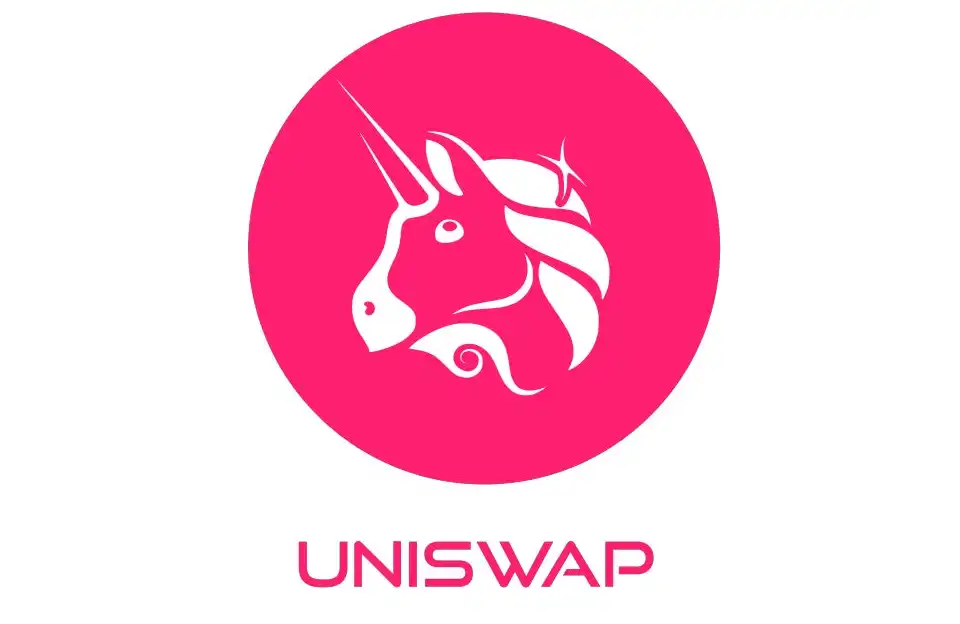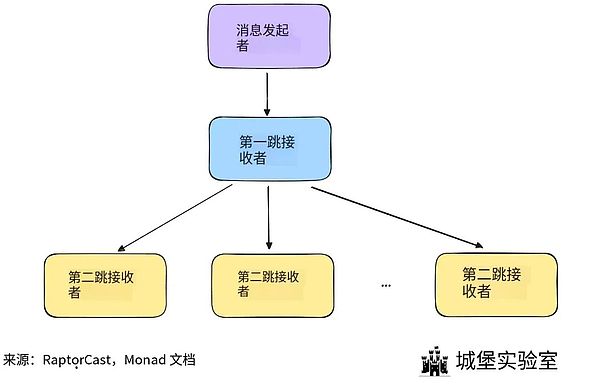Senator Aims to Make Every Peso Public With Blockchain Budget Vision
- Philippine Senator Bam Aquino proposes blockchain-based national budget to enhance transparency, aiming to make every peso traceable by citizens. - The initiative would expand existing blockchain infrastructure by the Department of Budget and Management (DBM), currently tracking SAROs and NCAs via Polygon's network. - BayaniChain supports the vision but clarifies no direct involvement, emphasizing blockchain's role in creating immutable records to combat corruption. - No formal bill has been filed yet, w
Senator Bam Aquino of the Philippines has proposed a groundbreaking initiative to place the national budget on a blockchain platform, aiming to enhance transparency and accountability in public spending. Speaking at the Manila Tech Summit, Aquino emphasized the potential of blockchain to make every peso spent traceable by citizens. "No one is crazy enough to put their transactions on blockchain, where every single step of the way will be logged and transparent to every single citizen. But we want to start," he stated, adding that the Philippines could become the first country to implement such a system [1]. However, as of now, no formal bill has been filed, and no official comment from Aquino’s representatives has been received on the matter [2].
The proposed system would build upon the existing blockchain infrastructure developed by the Department of Budget and Management (DBM), which already records selected financial documents on a blockchain platform. This platform, known as the first live on-chain budget system in Asia, currently tracks key budgetary instruments like Special Allotment Release Orders (SAROs) and Notices of Cash Allocation (NCAs) [1]. The technology is designed to allow these documents to be published and verified online, with their records secured on-chain for long-term transparency.
BayaniChain, the local blockchain firm responsible for developing the DBM’s platform, has expressed support for Aquino’s vision but clarified that it has no direct involvement with the senator’s initiative. Paul Soliman, co-founder and CEO of BayaniChain, noted that the firm’s role is to provide the technology linking the DBM’s internal system to a public blockchain. "His vision aligns with ours: creating more transparent and accountable systems for the Philippines," Soliman said. He added that while blockchain is not a silver bullet against corruption, it creates immutable records that can ensure accountability from public officials [1]. The DBM’s platform currently leverages Polygon’s Proof-of-Stake network, an Ethereum scaling solution, to ensure both scalability and transparency in the recording of public financial data.
The broader push for fiscal transparency in the Philippines has already seen legislative developments. Earlier this year, the government enacted sweeping cryptocurrency regulations, mandating licensing and capital requirements for crypto businesses. These moves indicate a growing openness to integrating digital technologies into public administration [1]. Additionally, the country has also considered the strategic use of Bitcoin , with one proposal suggesting the establishment of a 20-year lockup for a national Bitcoin reserve [2]. While these initiatives are distinct, they collectively point to a government seeking to modernize fiscal and monetary systems through technological innovation.
Despite the potential benefits, the success of Aquino’s proposal will depend on the level of political and public support it receives. Challenges such as legislative hurdles, technical implementation, and the need for public education on blockchain technology remain significant. As the debate unfolds, stakeholders are watching closely to see whether the Philippines will become the first nation to fully embrace a blockchain-based national budget, potentially setting a new global precedent for fiscal transparency and governance.
Source:

Disclaimer: The content of this article solely reflects the author's opinion and does not represent the platform in any capacity. This article is not intended to serve as a reference for making investment decisions.
You may also like
Under the DeFi buyback wave: Uniswap and Lido face "centralization" controversy
As platforms like Uniswap and Lido implement token buybacks, protocols are facing questions about control and sustainability amid growing concerns over centralization.

Latest Speech by US SEC Chairman: Farewell to a Decade of Chaos, Crypto Regulation Enters an Era of Clarity
The US SEC Chairman further elaborated on the "Project Crypto" initiative, outlining new boundaries for token classification and regulation.

Grayscale, which once confronted the SEC, is about to be listed on the New York Stock Exchange
Since the launch of GBTC in 2013, Grayscale's assets under management have exceeded $35 billion.

Monad Ecosystem Guide: Everything You Can Do After Mainnet Launch
Enter the Monad Arena.
